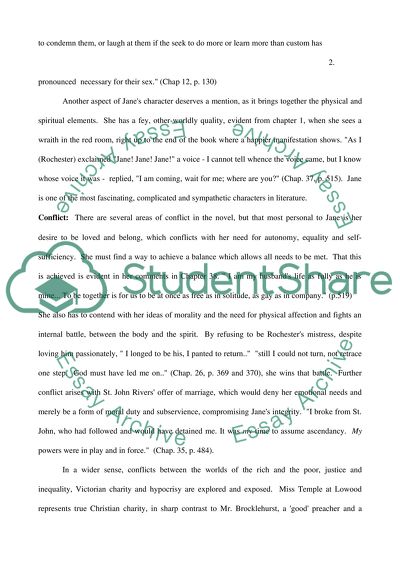Cite this document
(“'Jane Eyre' by Charlotte Bronte Essay Example | Topics and Well Written Essays - 1000 words”, n.d.)
Retrieved from https://studentshare.org/literature/1509183-jane-eyre-by-charlotte-bronte
Retrieved from https://studentshare.org/literature/1509183-jane-eyre-by-charlotte-bronte
('Jane Eyre' By Charlotte Bronte Essay Example | Topics and Well Written Essays - 1000 Words)
https://studentshare.org/literature/1509183-jane-eyre-by-charlotte-bronte.
https://studentshare.org/literature/1509183-jane-eyre-by-charlotte-bronte.
“'Jane Eyre' By Charlotte Bronte Essay Example | Topics and Well Written Essays - 1000 Words”, n.d. https://studentshare.org/literature/1509183-jane-eyre-by-charlotte-bronte.


